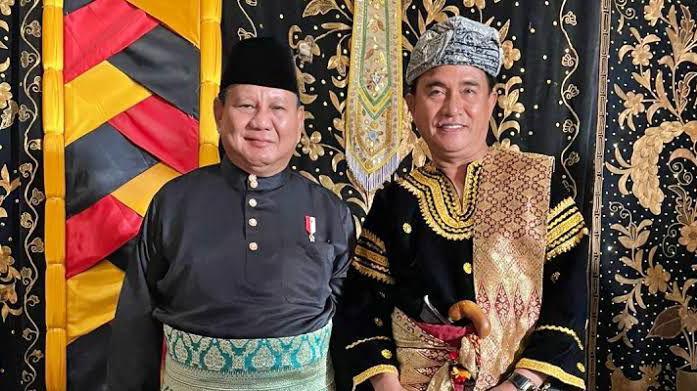The Indonesian government, led by the Ministry of Health, has announced the launch of the Free Health Check (CKG) program for schoolchildren nationwide, including in West Java Province. This program aims to detect various physical and mental health issues early among school-aged children. Deputy Minister of Health, Prof. Dante Saksono Harbuwono, oversaw the program’s implementation at SD Prestasi Global in Depok. The initiative is part of President Prabowo Subianto’s Quick Win agenda to provide equitable, high-quality, and affordable healthcare for all Indonesians.
The CKG program is being rolled out simultaneously across 19 cities and regencies in West Java, targeting approximately 53 million schoolchildren nationwide in 2025. This initiative differs from previous ones by focusing specifically on elementary school students for more accurate diagnoses. Health screenings are tailored to each age group to ensure precision in the assessments.
The health checks cover a wide range of assessments, including physical fitness, vision, blood pressure, and immunization status. First-grade students receive the MR vaccine, while fifth-grade students are given the HPV vaccine as part of a national cervical cancer prevention effort. The screenings are strategically scheduled at the start of the academic year to optimize coverage and improve logistical efficiency by conducting them at schools.
Principal Mustopa of SD Prestasi Global reported that 843 students underwent examinations on the launch day, with 143 receiving immunizations. The school takes pride in being the first in Indonesia and the representative for West Java Province to participate in the national free health check program for elementary students.
The government is also addressing students’ mental well-being, especially at the junior and senior high school levels. Mental health screening for elementary students is done indirectly through questionnaires filled out by parents. This multi-sector initiative involves various ministries and agencies, including the Ministry of Religious Affairs, the Ministry of Education, civil registration authorities, and agencies focused on women’s empowerment.

